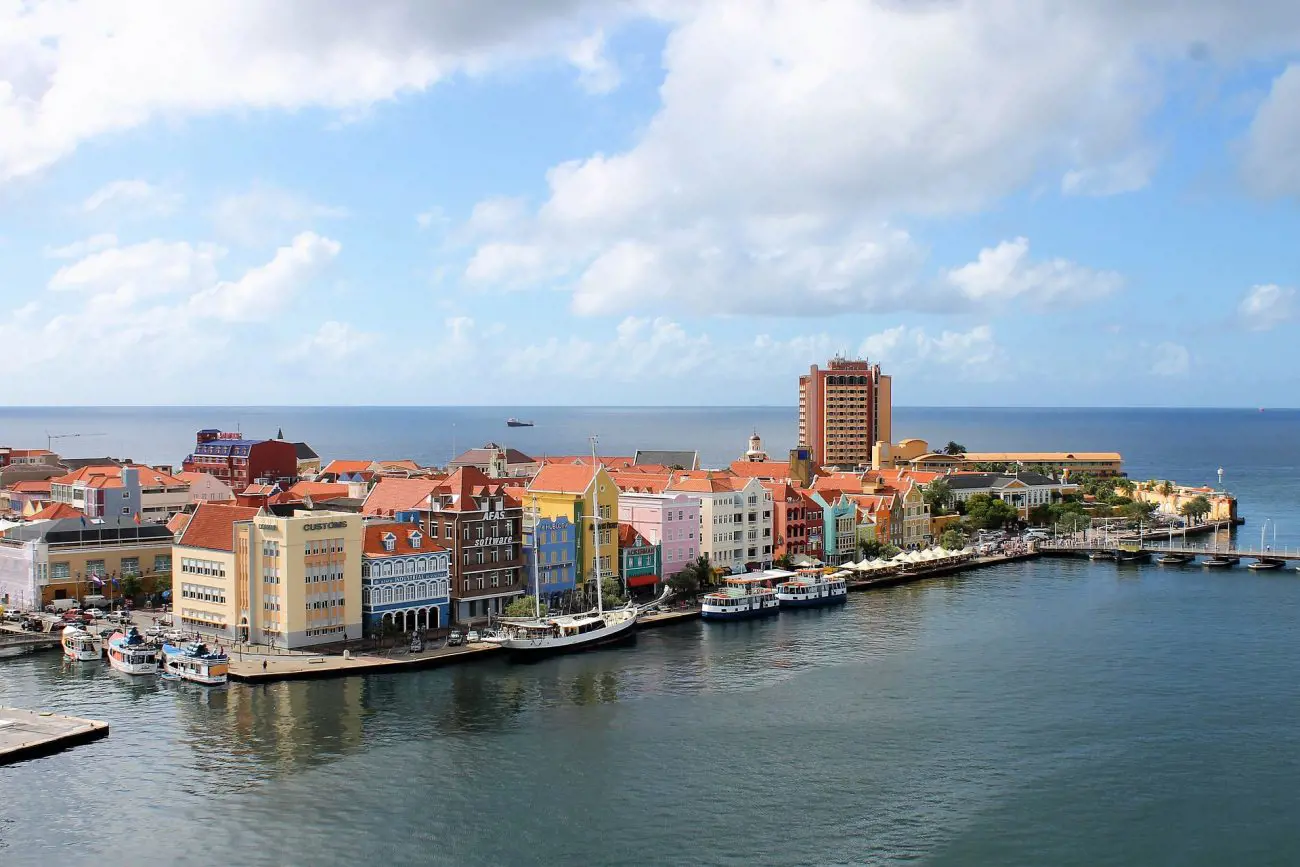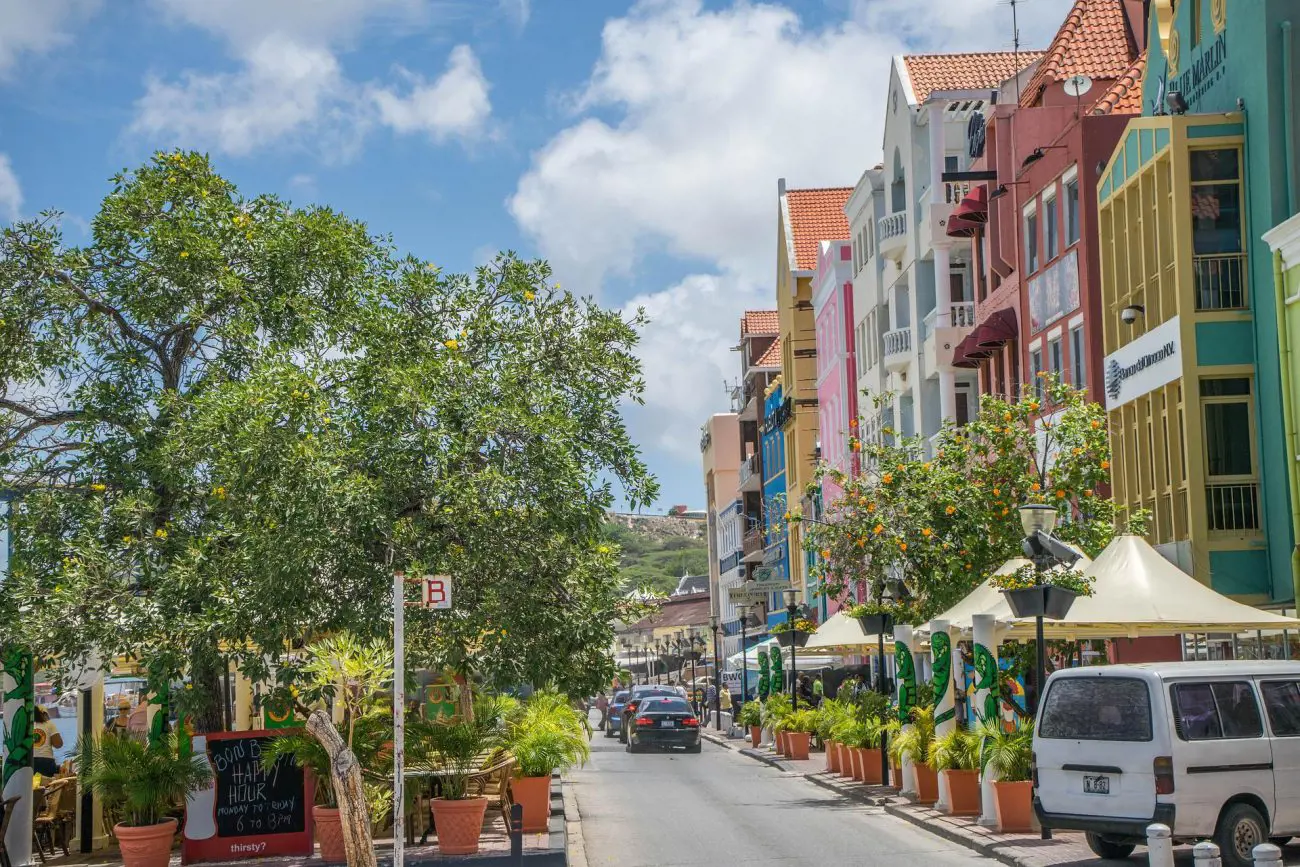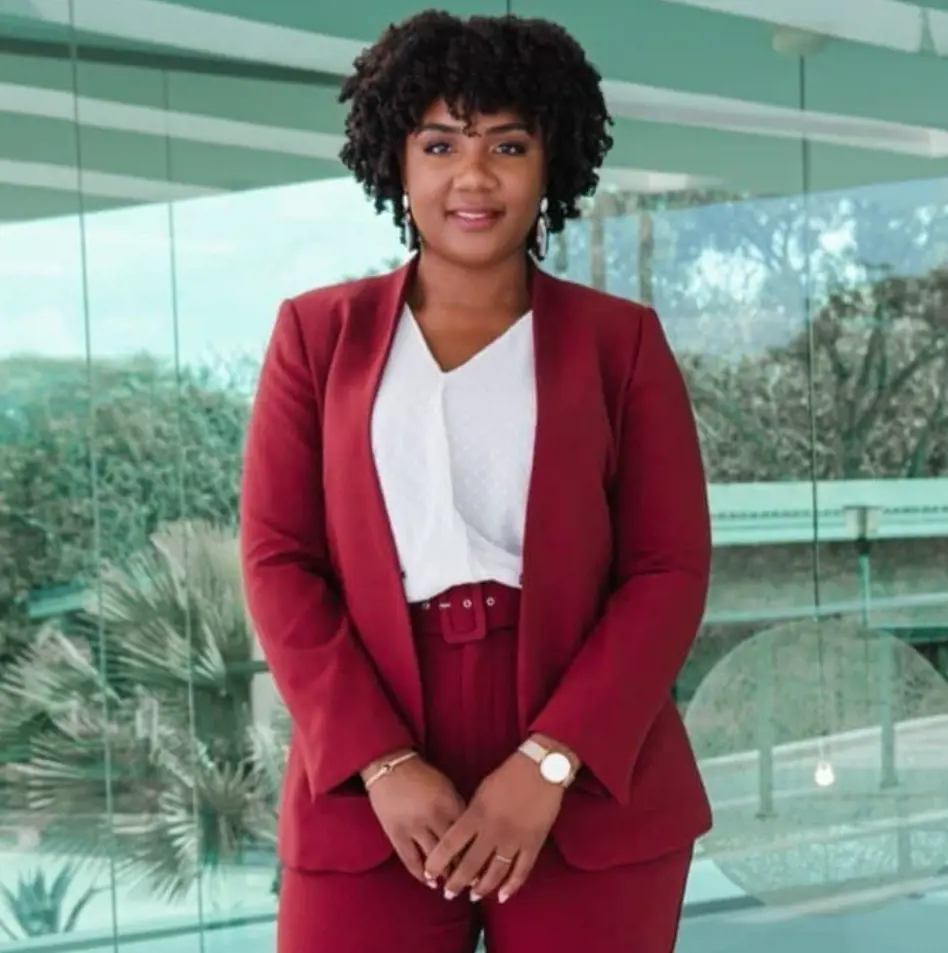

Sixiènne Jansen, legal advisor to Curaçao’s ministry of finance, today outlined how the jurisdiction’s licences will work from 1 September.
Jansen outlined how the island would be handling licences at iGB L!VE, as the National Ordinance for Games of Chance (LOK) approaches implementation.
The LOK is the planned legislation that will reform the country’s licensing regime for foreign operators.
In 2020, the Netherlands government requested that Curaçao reform its gambling regulations as a condition of financial relief in the wake of the Covid-19 pandemic.
This largely involved a shake-up of the Curaçao gambling licence, which in recent years gained a reputation as one of the more permissive licensing jurisdictions in the world.

Under current law, operators must apply for a sub-licence from one of the four current master licence holders in order to gain approval. Jansen said it is the government’s intention to see this system phased out.
While the legislation has not yet been submitted to parliament, the regulators will be issuing new licences with enhanced obligations from 1 September.
Importance of continuity
To ensure continuity, Jansen said the regulator will be extending all master licences for an additional year.
Jansen emphasised that the process will not disrupt the business of any current licensees.
“No operator is going to have to pause or stop any business as a result of anything done by the ministry,” she said. “One of the primary elements of the transitions into the new regime is to facilitate uninterrupted continuity of all operations of sub-licence holders.”
However, when the LOK does eventually enter into force, all sub-licensees will have a 90-day deadline to make an application for a new licence, regardless of the remaining term of the master licence.
During the subsequent application process, the old regulations will apply for up to nine months after the implementation of the LOK.
“For those operators who do not wish to move to the new licensing regime, they can continue to conduct business up until the date the relevant master licence expires,” said Jansen.
New licences after 1 September
After 1 September, the island’s gambling regulator, the Curaçao Gaming Control Board (GCB), will start issuing licences to operators directly. The licences will automatically convert to those granted under the LOK.
The minister said these licences will have three important features:
- These licences will be issued under current legislation, not the LOK;
- The licences will be directly issued to operators. The approval will only grant the holder the right to operate gambling, not to offer sub-licences;
- The new licence will include provisions addressing anti-money laundering and responsible gambling obligations.
However, after 1 September existing master licence holders will still be permitted to issue sub-licences in line with current legislation.
Whether applications for sub-licences with master licence holders that are in progress or paused will continue to be processed will be up to the licensees themselves. The minister urged sub-licences to contact their relevant master licence holder for further clarification.

“Contrary to much speculation, there has been no change whatsoever to the legislation or permissions since the minister publicly announced the drafting of the new legislation last November,” said Jansen.
As such she emphasised that the only change that the ministry would be making on the 1 September date is that it will begin issuing new licences.
While Jansen said that operators will have the choice of applying for licences through the GCB board or a master licensee, the forthcoming implementation of the LOK means that the former category of licences will not need to be resubmitted.
Application process for new licences
The legal advisor also outlined the new application process for licences after 1 September. She emphasised “the minister is not trying to reinvent the wheel”, so it will not be too dissimilar from the previous process.
Jansen said that there will be three forms for operators to complete:
- The first form will be the online gaming application. In this the applicant will be expected to provide an analysis of business operations, including marketing, distribution strategies and growth targets;
- The second form is the personal declaration. This involves identifying the key people in the business. Any person with 10% or more control of the business will need to provide source of wealth, source of funds and verifiable identity information;
- The final form is corporate disclosures. Since licences are only to be issued to Curaçao businesses, operators will need to provide the details to the GCB.
“Once an applicant has satisfied the GCB in terms of the forms and documentation submission, then a licence will be issued,” said Jansen. “Within six months of that licence audited policies and procedures will need to be submitted for evaluation.”
The legal advisor said that the licences are to be in line with international standards.
“Player protection, dynamic AML procedures, KYC, responsible gaming and robust technical and info security setups will all be expected as standard in the new Curaçao regime,” she said.
Jansen added that the ministry would be making further updates in September, in which it will outline the fee structure of the new regime.